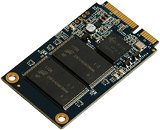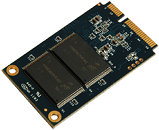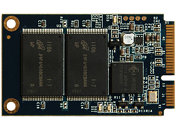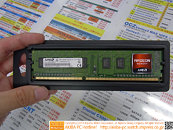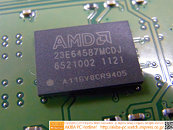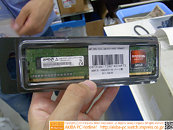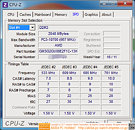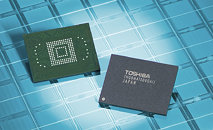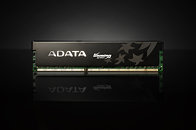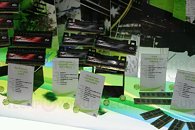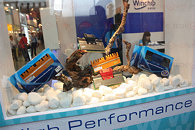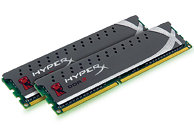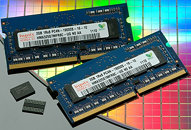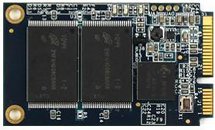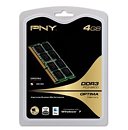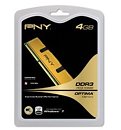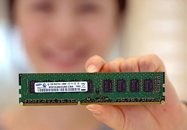Super Talent Introduces new Green-Line VLP for Servers
Super Talent Technology (San Jose, CA) announces a new line of Green-line series lower-power consumption DDR3 memory modules for severs.
These new eco-friendly modules feature lower operating voltages, lightweight and smaller form factors which improve cooling while continuing to satisfy the latest JEDEC standards. Super Talent engineers worked to reduced product height and succeeded with modules that measure 0.72 inches high; a full 39% reduction from a standard size module, yet can deliver speeds at 1600MHz and at 4GB capacities. The short form factor lets the system to run cooler by affording airflow across other components. These design also reduces the Voltage requirements a full 10%, from the traditional 1.5V traditional voltage to the new 1.35 volt standard.
These new eco-friendly modules feature lower operating voltages, lightweight and smaller form factors which improve cooling while continuing to satisfy the latest JEDEC standards. Super Talent engineers worked to reduced product height and succeeded with modules that measure 0.72 inches high; a full 39% reduction from a standard size module, yet can deliver speeds at 1600MHz and at 4GB capacities. The short form factor lets the system to run cooler by affording airflow across other components. These design also reduces the Voltage requirements a full 10%, from the traditional 1.5V traditional voltage to the new 1.35 volt standard.

